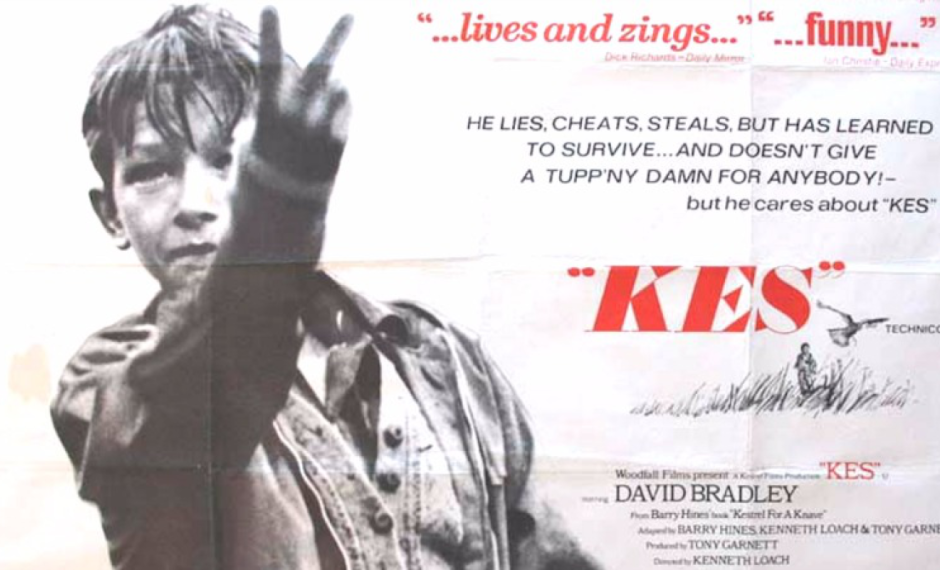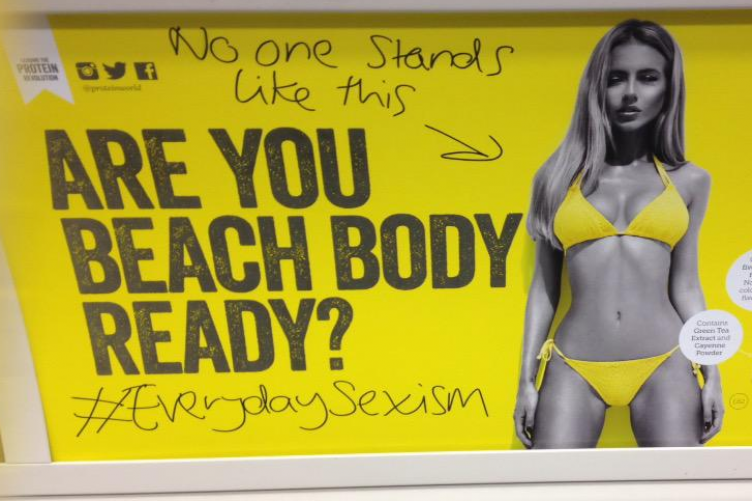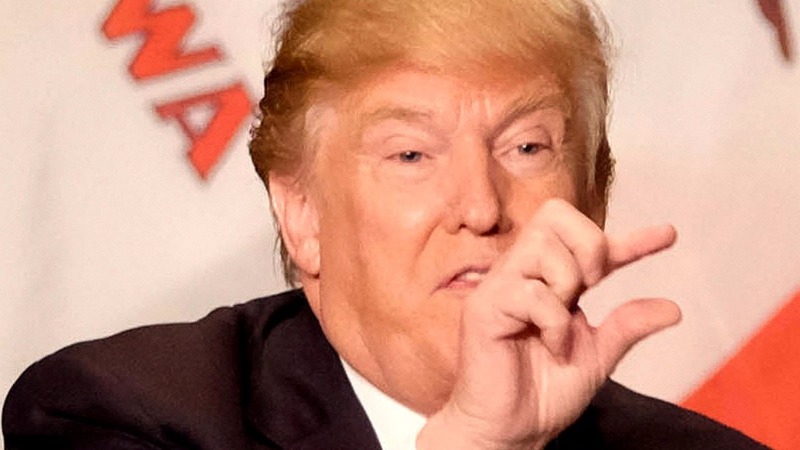What copywriters can learn from insults
02 Aug 2016

Insults are powerful things - they can hurt, provide amusement, drive people to distraction and even start wars. Sticks and stones?
The insult can be a thing of beauty.
Oscar Wilde used many in his plays and in real life, "Quotation is a serviceable substitute for wit," could easily have been aimed at me.
In advertising it would be a bold, perhaps suicidal move to insult your audience. But it happens.
One is the infamous Mac vs PC ads for Apple featuring Mitchell and Webb by TBWA from 2006 and 2007 – before the launch of the iPhone.
The problem? Well, Mitchell (dark hair) is the hapless PC dressed in the cheap suit. Mac is the other, smugger one.
That’s the problem.
Today, just as in 2007, most of us use PCs. Macs have grown in sales and importance on the back of the iPhone. But still, the vast majority of computer sales are PCs.
Which means that hapless PC bloke the smug one is taking the piss out of? That’s us.
The smug guy looking all smug? That’s the Mac.
Who wants to be the smug bloke when you can be the endearing PC guy? The ads came across the pond from the US, reworked to be the pair from Peep Show. Screen Wipe's Charlie Brooker noticed the problems with the ads and wrote a comprehensive takedown of them.

More recent examples include the 'Beach body ready' campaign from Protein World, which won a storm of disapproval from consumers, but perhaps ironically a huge increase in sales and exposure as a result.
That's part of the power of the insult: unintended consequences.
Long before he was the editor of Vanity Fair, Graydon Carter founded and wrote for satirical magazine Spy.
It was a little like Private Eye, but glossier. Carter would regularly lampoon real estate mogul (and now presidential hopeful) Donald Trump, referring to him as a ‘short-fingered vulgarian’ amongst other insults when Trump appeared in print.

Carter hit a nerve. But perhaps not the nerve he expected to hit. Trump based part of his early presidential campaign on disputing the ‘short-fingered’ part of the barb, apparently fine with the ‘vulgarian’ part.
Despite the insult first running more than 25 years ago, Carter says: “To this day, I receive the occasional envelope from Trump. There is always a photo of him—generally a tear sheet from a magazine. On all of them he has circled his hand in gold Sharpie in a valiant effort to highlight the length of his fingers. I almost feel sorry for the poor fellow because, to me, the fingers still look abnormally stubby.”
Natrually there's a blog dedicated to his short fingers/hands.
We can learn two things from this. First - people don't like to be insulted. Even people with skin as thick as Donald Trump's. Secondly, they can hold it against you, as Trump has done for 25 years or more.
Insults and war
This story needs a little context.
Saddam Hussein was an opportunist. In 1980, a year after Iraq’s neighbour Iran staged a revolution and installed Ayatollah Khomeini as head of state, Hussein decided to invade his neighbour. On no particular pretext.
Politics worked in Saddam's favour. The US was deeply suspicious of the new Iranian regime so Iraq’s actions progressed without significant censure. His opportunism was misplaced, however. Iran galvanised under its new leader to face the Iraqi invasion and turned the war around.
The war ended in 1988, leaving both countries exhausted, bankrupt and with thousands dead.
In 1990, Saddam Hussein turned his attention to his much smaller neighbour to the south, Kuwait. Kuwait has huge oil reserves and at that time led the pumping of excess oil to keep the oil price low. Iraq, which also has significant oil reserves, needed the price of oil to be high in order to pay for its rebuilding following the catastrophic war with Iran.
Saddam made his case clear to his Kuwaiti neighbours: he wanted the oil price to rise. Kuwait refused to cooperate. There were further complications. Iraq alleged that Kuwait has stolen Iraqi oil by ‘slant drilling’ under the border. Kuwait had also loaned Iraq money to the tune of $14 billion during the Iran-Iraq war, and Kuwait wanted this money back.
The decision to invade came, according to Saddam Hussein many years later under US interrogation, in response to an insult aimed at Hussein by the Kuwaiti leader.
He allegedly said, "We'll make the economy in Iraq so bad, one would be able to sleep with an Iraqi woman for ten dinars."
Not a nice thing to say in anyone's book, and the result? The results were arguably a success - initially. The oil price doubled fairly quickly but coalition forces led by the UK and US invaded and the Iraqis collapsed.
Maybe the causes of war are more complicated than the bickering of two heads of state, but passing insults didn't help. Particularly as we are still living with the results.

Please login to comment.
Comments